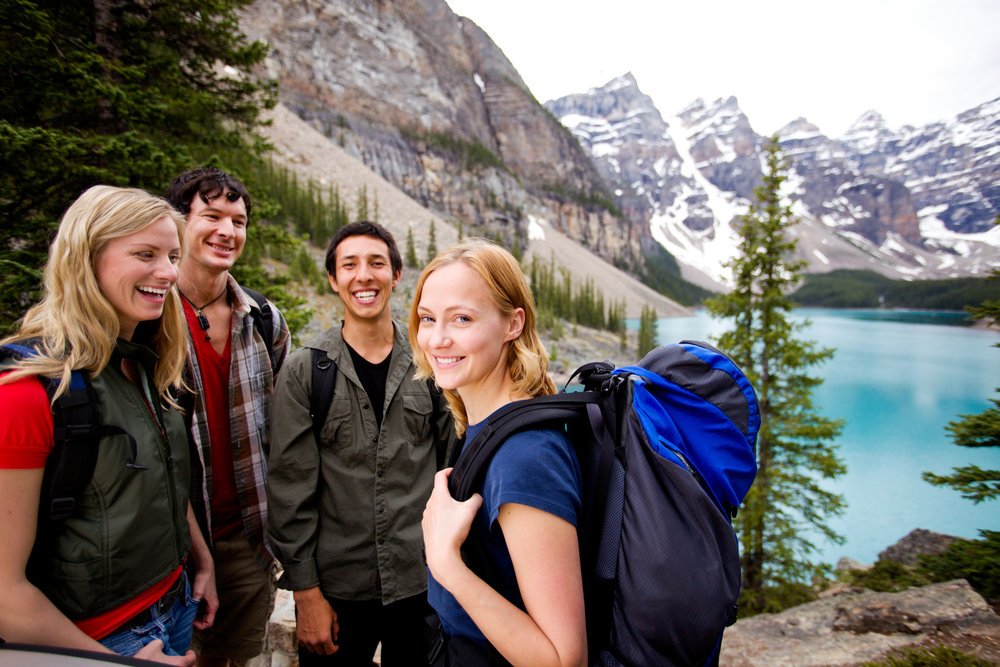Whether for recreation or relaxation, people retreat to the great outdoors for a myriad of reasons. While bagging a monster buck or sitting by a fire can certainly satisfy the itch to reconnect with nature and simply get away, there are some mistakes to avoid while preparing for a trip into the wilderness.
1- Trusting the Weather
It’s easy to celebrate a forecast that is perfect for the intended recreation, but this in no way should impact a packing list. It’s a mistake to ever assume a forecast is actually accurate. An unforeseen rain shower can feel like a hurricane without proper preparation. Forgetting ponchos, rain gear for a tent, and even an all-purpose tarp can quickly turn into a disaster leading to huddling in a vehicle or even worse, leaving altogether. Therefore, it’s crucial to take into account the season, the area, and any weather possibility. Even clothing items should be chosen carefully when considering the area, the terrain, and most importantly, the weather.
2- Lack of Organization
This is probably the easiest mistake that both rookies and veterans in the camping world commit. Organizing supplies and knowing exactly where items are located can ensure fewer headaches, more preparedness, and even personal safety. Looking through several bins or bags for a flashlight in the middle of the night will only result in frustration and stubbed toes. Even worse, if packing lacks organization and safety is suddenly compromised, searching for a weapon or even ammunition can be a matter of life or death. Depending on the camping area, wildlife can pose serious danger. Furthermore, no one wants to miss a hunting opportunity for the rare game because ammunition isn’t properly packed.
3- Faulty Food Prep
When staying in the wilderness far from the conveniences of modern kitchens, planning ahead is crucial. Food, as well as hydration, is critical for not only comfort but for survival. Macaroni and cheese on the stove provide a quick and easy meal, but on a campfire provides nothing but frustration. It’s important to not only pack enough food to be sustained but also to pack food that is easy to prepare and store. Cold items require ice and coolers which puts limits on how long and how far you may venture into the wilderness. The right storage gear coupled with easy to prepare food and planning can be the difference between comfort and distress.
4- Limited Forethought on Germs, Bumps, and Bruises
Depending on location and the degree of “roughing it” while camping, small items that can easily be forgotten may suddenly become necessary for comfort and health. Something as simple as hand sanitizer may not be at the top of a packing list, but consider how important it suddenly becomes when there is no running water and tasks include gutting a fish, prepping raw meat, cleaning a wound, or simply answering “Nature’s call.” In addition, a simple first aid kit offers more than peace of mind when camping. Camping includes dirt, germs, insect bites, or worse. Simple items in a first aid kit can help avoid infection and tend to minor wounds before they become problematic.
Camping is a satisfying experience for both veterans and novices alike; however, proper planning is key for not only satisfaction but also health and safety.



